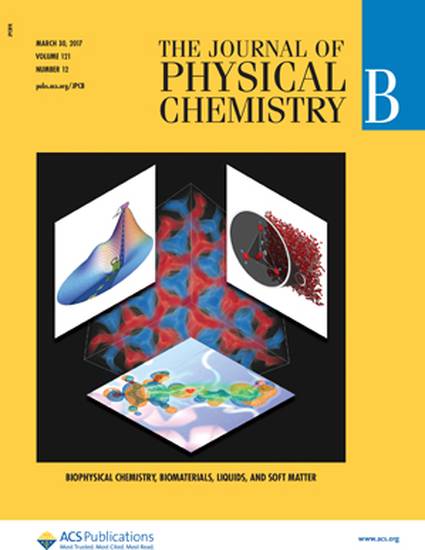
Locked nucleic acids (LNAs) are conformationally restricted RNA nucleotides. Their increased thermal stability and selectivity toward their complements make them well-suited for diagnostic and therapeutic applications. Although the structural and thermodynamic properties of LNA–LNA, LNA–RNA, and LNA–DNA hybridizations are known, the kinetic effects of incorporating LNA nucleotides into DNA strand displacement systems are not. Here, we thoroughly studied the strand displacement kinetics as a function of the number and position of LNA nucleotides in DNA oligonucleotides. When compared to that of an all-DNA control, with an identical sequence, the leakage rate constant was reduced more than 50-fold, to an undetectable level, and the invasion rate was preserved for a hybrid DNA/LNA system. The total performance enhancement ratio also increased more than 70-fold when calculating the ratio of the invading rate to the leakage rate constants for a hybrid system. The rational substitution of LNA nucleotides for DNA nucleotides preserves sequence space while improving the signal-to-noise ratio of strand displacement systems. Hybrid DNA/LNA systems offer great potential for high-performance chemical reaction networks that include catalyzed hairpin assemblies, hairpin chain reactions, motors, walkers, and seesaw gates.
Available at: http://works.bepress.com/elton_graugnard/56/
